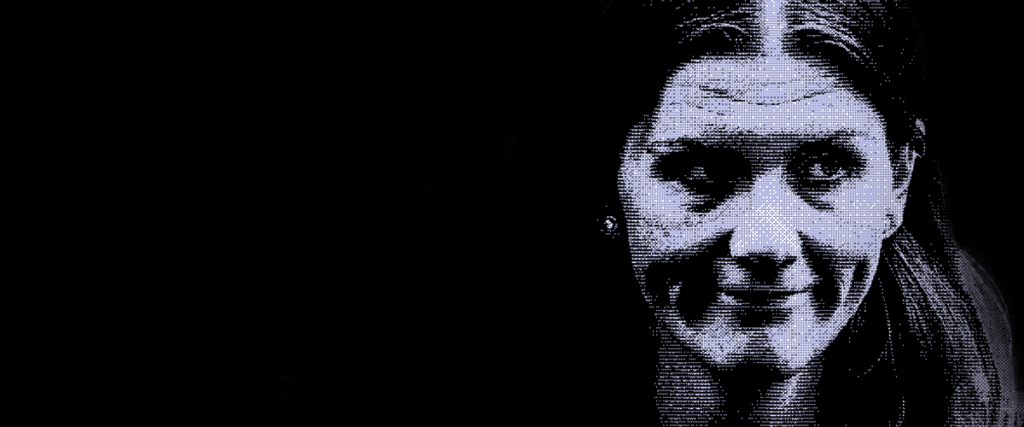
Free expression online
Donelan and the rise of government censorship
There are calls for the Secretary of State for Science, Innovation and Technology Michelle Donelan to resign after she falsely accused two academics of promoting extremism. In response to Donelan’s allegations, one of the academics, Professor Kate Sang, launched a libel action and this week the minister issued an apology and deleted her original tweet. The £15,000 awarded to Sang awarded will be paid by Donelan’s department.
Attacks on freedom of expression
People are rightly angry about taxpayers footing the bill for Donelan’s actions, but the case should not be seen as a one-off error of judgement. It’s an example of a much bigger problem – increased government attacks on freedom of expression since the escalated crisis in Israel and Gaza. Donelan’s tweet and letter highlights the ease with which some politicians appear to conflate criticism of the UK or Israeli government with support for Hamas. Most notably, former Home Secretary Suella Braverman dubbed peaceful protests calling for a ceasefire as “hate marches” and wrote to the police to urge them to consider that it should be a crime to wave a Palestinian flag.
The Prime Minister has talked repeatedly about the threat of extremism and on Friday, announced that a ‘robust new framework’ for dealing with extremism will be put in place this month. Already, there are concerns that the legal definition of ‘extremism’ will be expanded in ways that are harmful to freedom of expression. In addition, Sunak said the government would double its support for the controversial Prevent programme, which claims to support people who are susceptible to radicalisation. Today, the Guardian reports that “believing in socialism, communism, anti-fascism and anti-abortion” constitute warning signs under the Prevent Duty. There has been a reported spike in referrals to Prevent since last October, which is unsurprising when we see government ministers like Donelan make spurious allegations on the basis of a tweet. The government should be urging a moratorium on Prevent referrals not indirectly encouraging them.
Social media investigations
Since last October, there have also been many reported cases of people being investigated by workplaces or educational establishments for social media posts that purportedly show support for extremism. In one case, a student Tuğba İyigün was even visited by police after tweeting: “From the river to the sea, #Palestine will be free”. Donelan’s case should act as a warning that we need to protect speech, particularly online, where posts can easily be taken out of context, and the government should be urging employers and universities to exercise caution.
Threat to migrants
For migrants, false accusations based on social media posts could have life-changing harms. On Friday, Sunak said that: “The Home Secretary has instructed that if those here on visas choose to spew hate on protests or seek to intimidate people we will remove their right to be here.” The Prime Minister did not outline the process upon which such decisions would be made and whether a criminal conviction would be needed before someone could be deported. If not, decisions could easily be partially automated, or may rely on evidence that is unreliable or that can be taken out of context, such as social media posts of the kind that Donelan objected to. If visas are withdrawn when people are out of the UK, it may not even be possible for people to appeal.
Government monitoring of social media accounts
The i- newspaper revealed that Donelan had instructed staff at the Department of Science, Innovation and Technology to created a secret dossier on Sang and other academics’ social media accounts. This is not the first time that government departments have been shown to engage in surveillance of this kind. In October 2023, the Observer revealed that the Department for Education had been monitoring the social media accounts of education experts. and had tried to cancel a conference because two of the headline speakers had publicly criticised government policy on social media. While many are rightly annoyed that the taxpayer is footing the bill for Donelan’s mistakes, it is protocol for government departments to pay legal costs when cases are brought against ministers. But there should be outrage at taxpayers’ money being spent on the state surveillance of people because they express views that are critical of the government.
About the Donelan case
In November 2023, Donelan publicly wrote to the Chief Executive of UK Research and Innovation (UKRI), Professor Dame Ottoline Leyser, to express her “disgust and outrage at Research England’s appointment of individuals to an advisory group on equality, diversity and inclusion who, since October 7, have been sharing some extremist views on social media.” In response, Leyser suspended the advisory panel and ordered an inquiry. At the time, Donelan’s actions were condemned by the University and College Union. In addition, over 2,500 academics signed a letter condemning Donelan’s letter as an attack on academic freedom.
In March 2024, UKRi published the findings of its investigation, which found: “no evidence of a breach of the Research England Expert Advisory Group on EDI’s terms of reference and no failure to uphold the Seven Principles of Public Life (The Nolan Principles).
Moreover, the UKRI Board found no evidence in the public domain of support for a proscribed terrorist organisation or the sharing of extremist material and no grounds to remove any individual members of the Research England Expert Advisory Group on EDI.”
According to Bindmans, the lawyers who represented Sang, Donelan made her accusations based on a “a seriously misleading press release from the lobby group Policy Exchange”.
